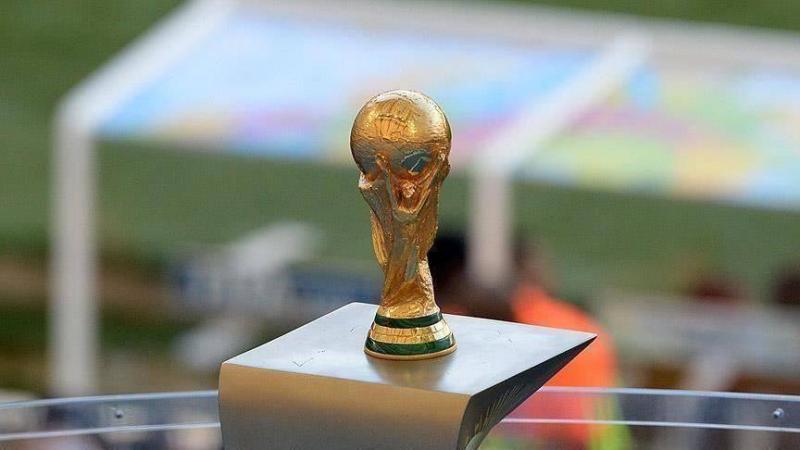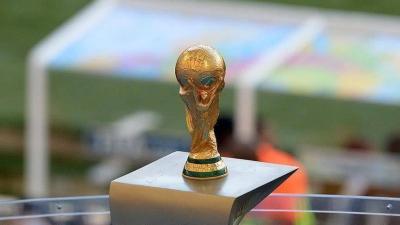In light of the economic crisis in Lebanon, citizens will struggle to easily follow the Qatar 2022 World Cup matches at home, especially after the significant increase in the cost of monthly subscriptions to broadcasting packages, relative to their monthly salaries. In this context, Lebanese Minister of Information, Ziad Al-Makari, revealed that "efforts are underway to secure the broadcasting of the World Cup matches and enable Lebanese people to follow them." Al-Makari added in a call with "Sky News Arabia" on Monday evening that "there must be a financial payment to secure broadcasting rights on the official screen, and work is ongoing to secure the required amounts." He continued, "We hope that the negotiations we are conducting with the concerned parties will bear fruit in the next 24 hours," noting the "technical readiness" in Lebanon. Al-Makari confirmed that he would hold a press conference in the coming days to announce the outcomes of the negotiations, emphasizing that the ministry "is making serious and substantial efforts to ensure that citizens do not bear the cost of following the matches, by securing subscriptions in these difficult economic conditions facing the country."
### High Costs
Tony Al-Rami, head of the Lebanese Restaurants, Cafes, and Patisseries Syndicate, revealed to "Sky News Arabia" that "the cost of subscriptions to broadcast the matches in cafes ranges from 3,000 to 15,000 US dollars, depending on the cafe's capacity." He explained that "a cafe that holds fifty seats will pay an amount starting from at least 3,000 dollars."
### Cafes Are "Ready"
Al-Rami expected the cafes to be crowded with patrons, announcing their readiness to accompany this global sporting event and provide suitable atmosphere at price points that consider the economic situation of citizens.
### Celebratory Trends Begin
In a different context, the usual signs of celebration before the start of each World Cup have already begun in Lebanon, with flags of the participating teams being hung on balconies, cars, and stores. In some streets in Beirut and Tripoli, parades of cars roam in a festive atmosphere, described by some as "potentially an opportunity to lift Lebanese people from the gloom of the crises afflicting the country to an atmosphere of joy and competition in a sporting spirit." Enthusiasm for the World Cup has also reached social media, with users’ pages and titles adorned with flags of the teams they support.
### Economic Constraints on Subscriptions
Sports journalist and analyst Wadi Abed Al-Nour anticipated that "the official Lebanese television will be allowed to broadcast the matches live in the last minutes before they start." He added to "Sky News Arabia": "The economic situation does not allow the Lebanese citizen to subscribe individually, and in this case, they will either go to cafes that will provide large screens to broadcast the matches, or they will settle for watching foreign channels that will only broadcast their national team matches."
### Late Solutions
Communications expert Amer Al-Tabbash, speaking to "Sky News Arabia," predicted that "Lebanese citizens might be able to watch the final qualifiers for free if there is no agreement to broadcast the matches from the beginning." He noted that "the companies responsible for broadcasting the matches are giving their local agents the opportunity to market subscriptions as much as possible before the World Cup starts," adding, "In this case, most Lebanese cannot watch all the matches due to the high subscription costs and the challenges of securing them from a financially burdened citizen." It is worth noting that the cost of a home subscription with exclusive broadcasting companies for the World Cup ranges from 200 to 300 US dollars, depending on the chosen package, which exceeds 8 million Lebanese Lira, equating to two months’ salary for an average Lebanese citizen.




